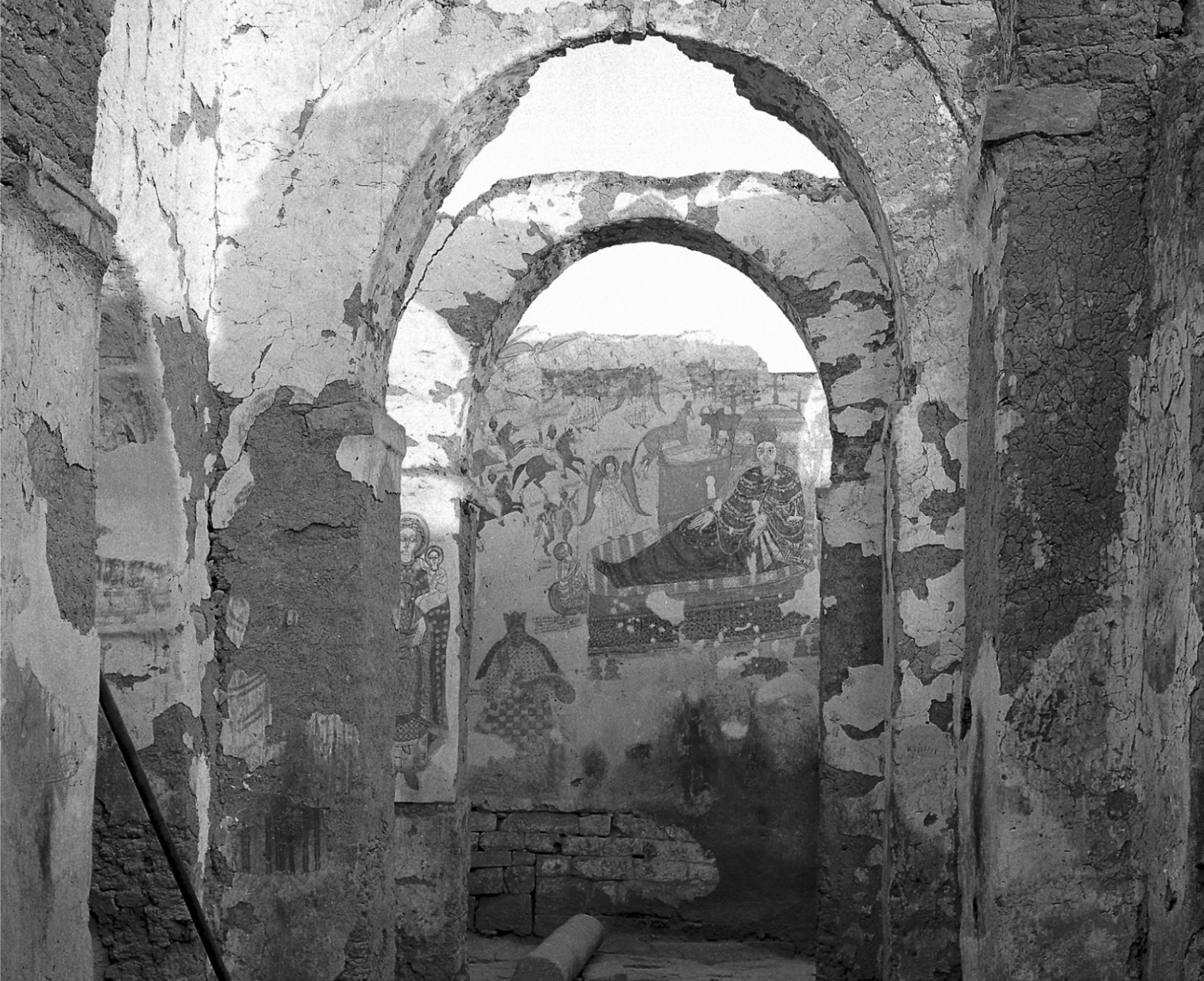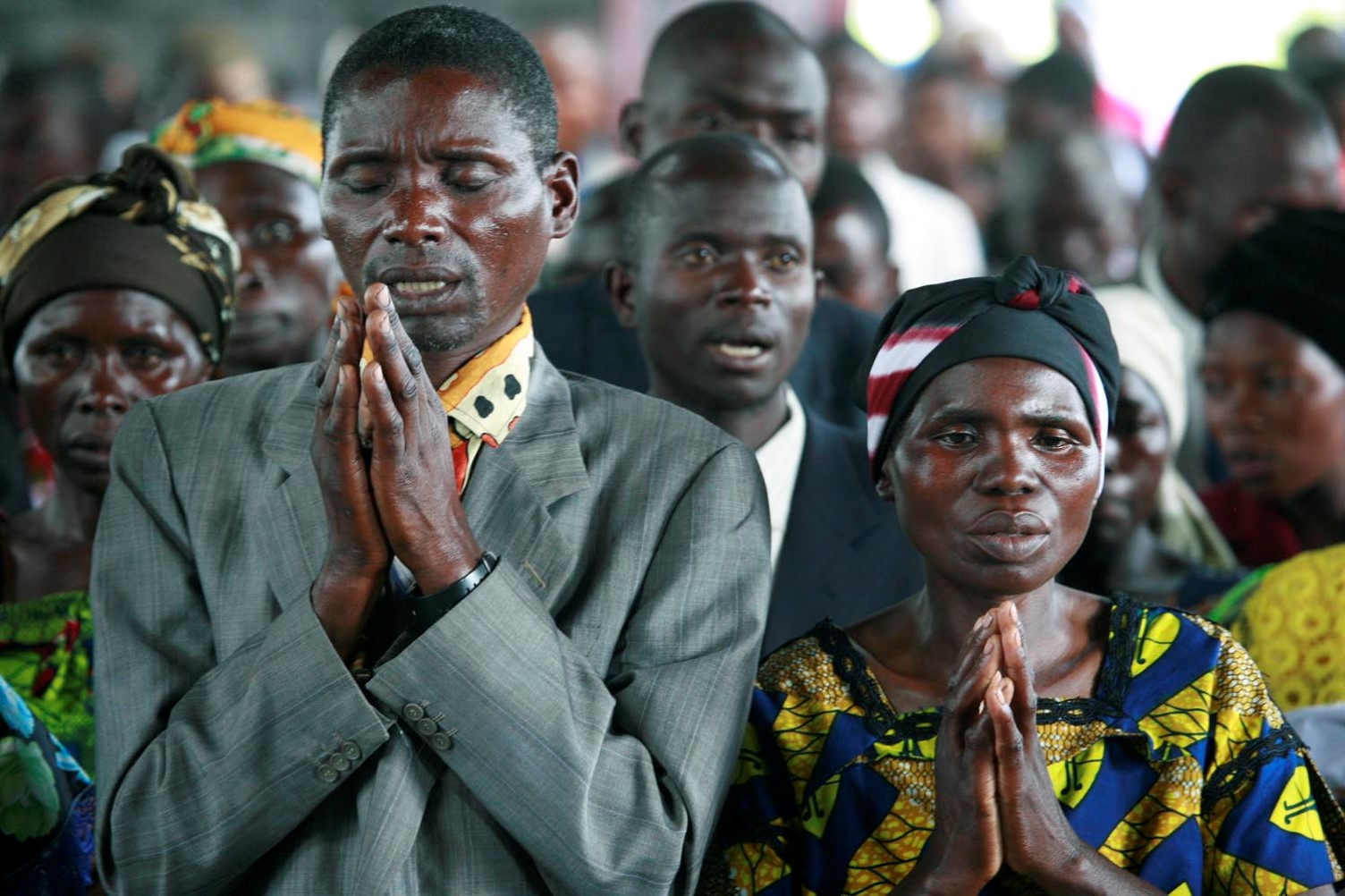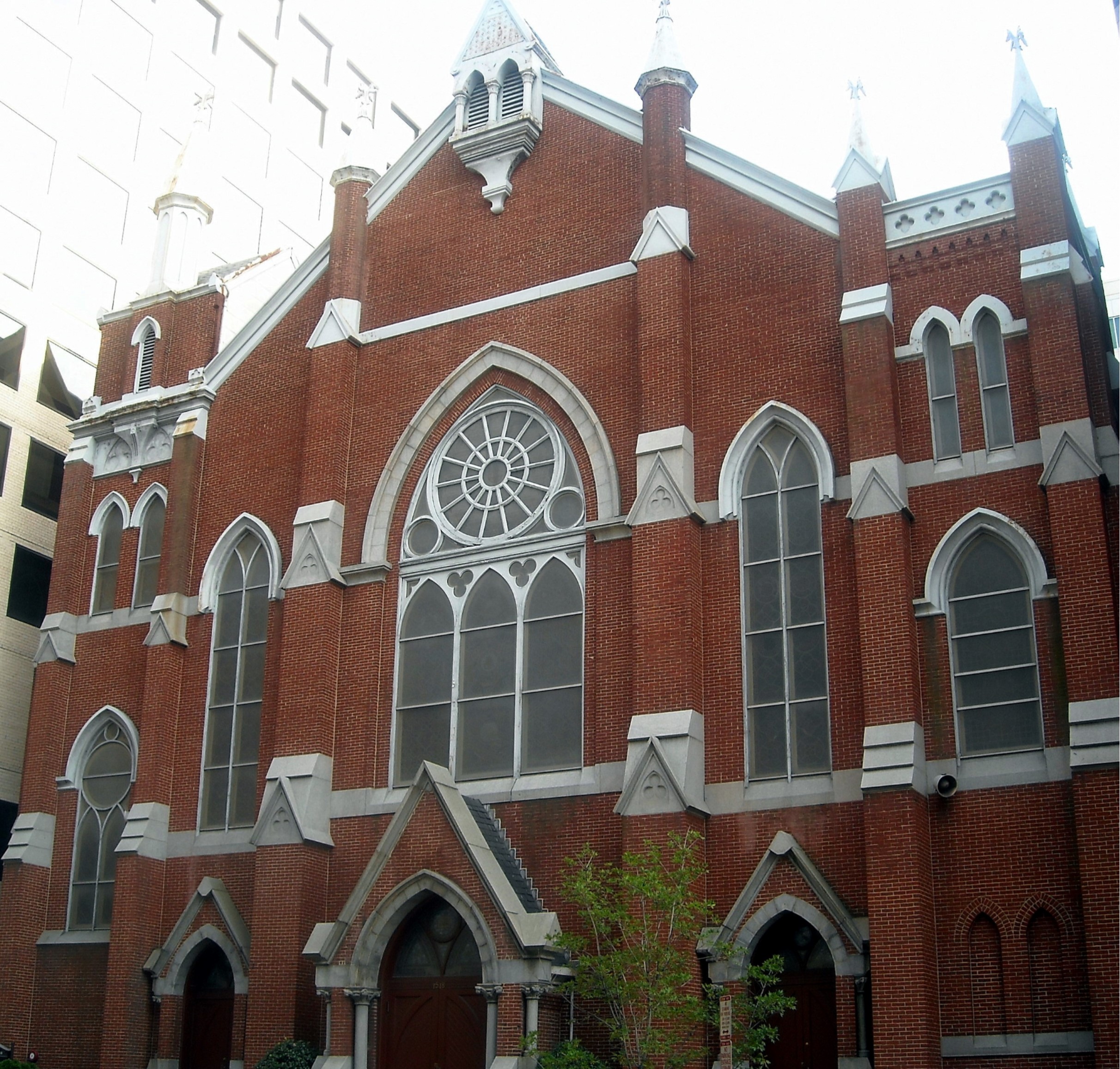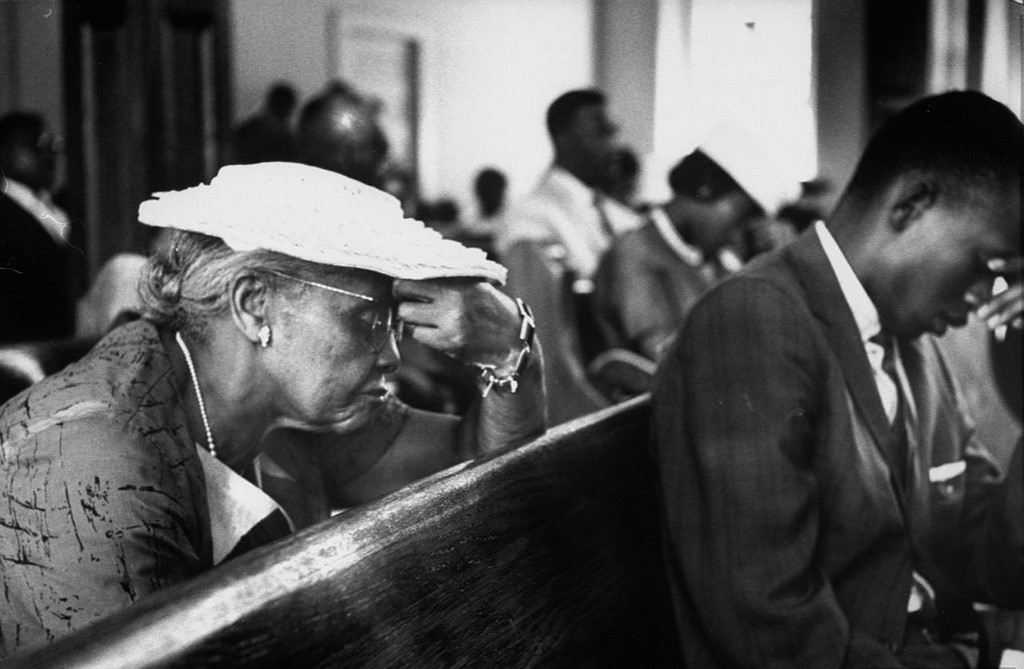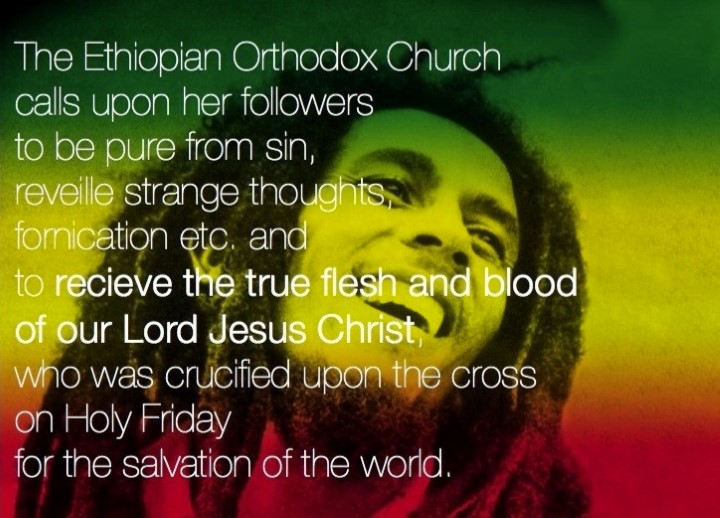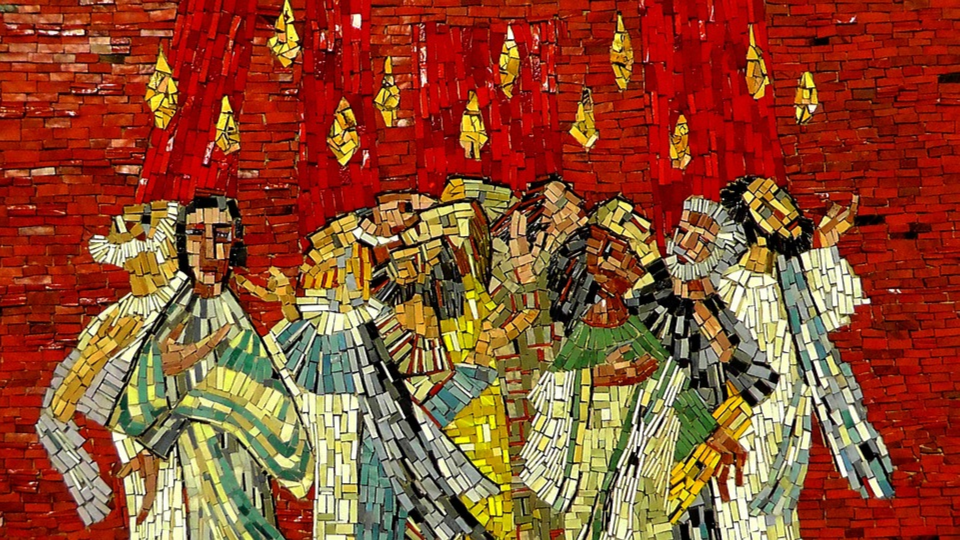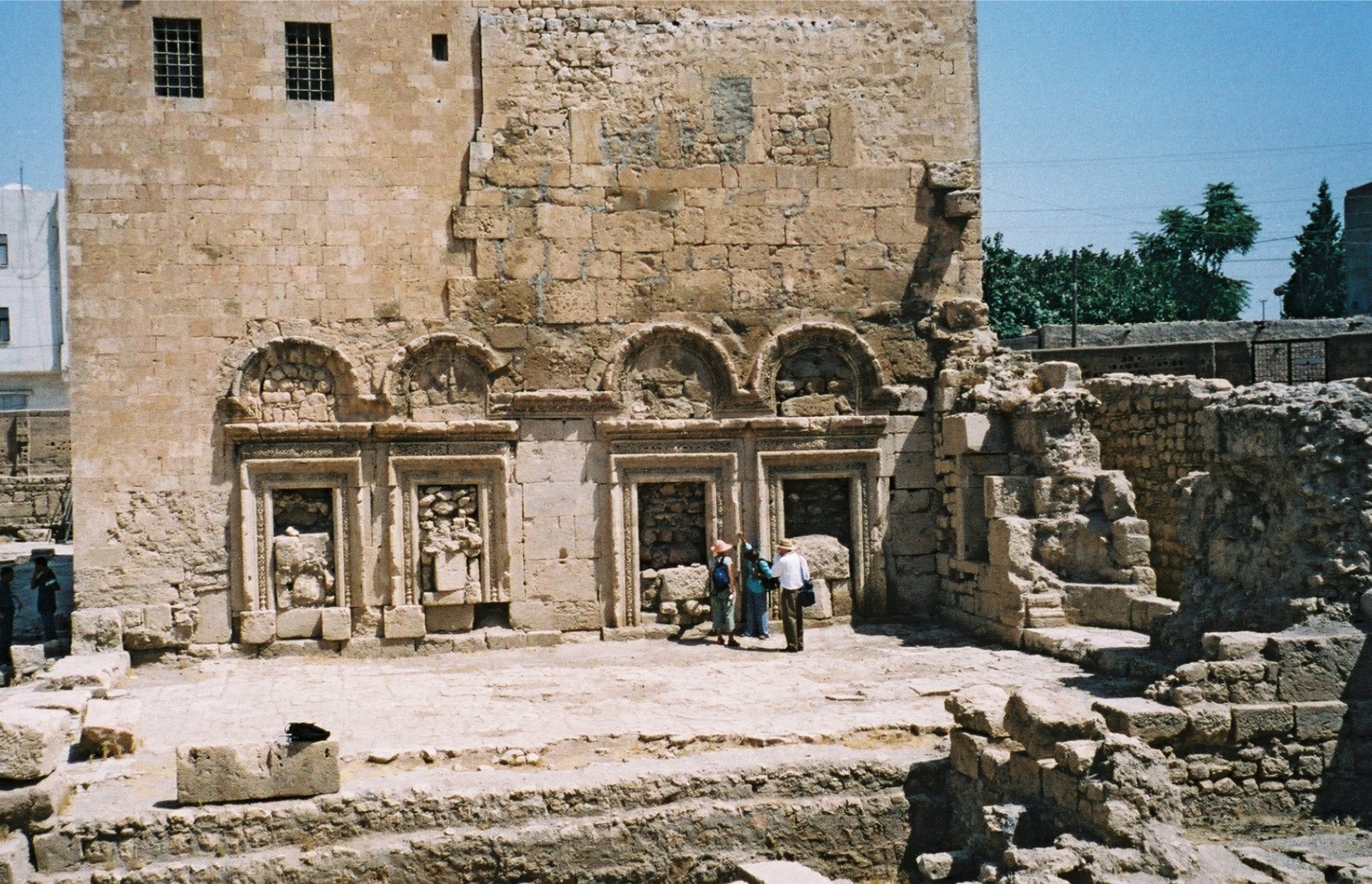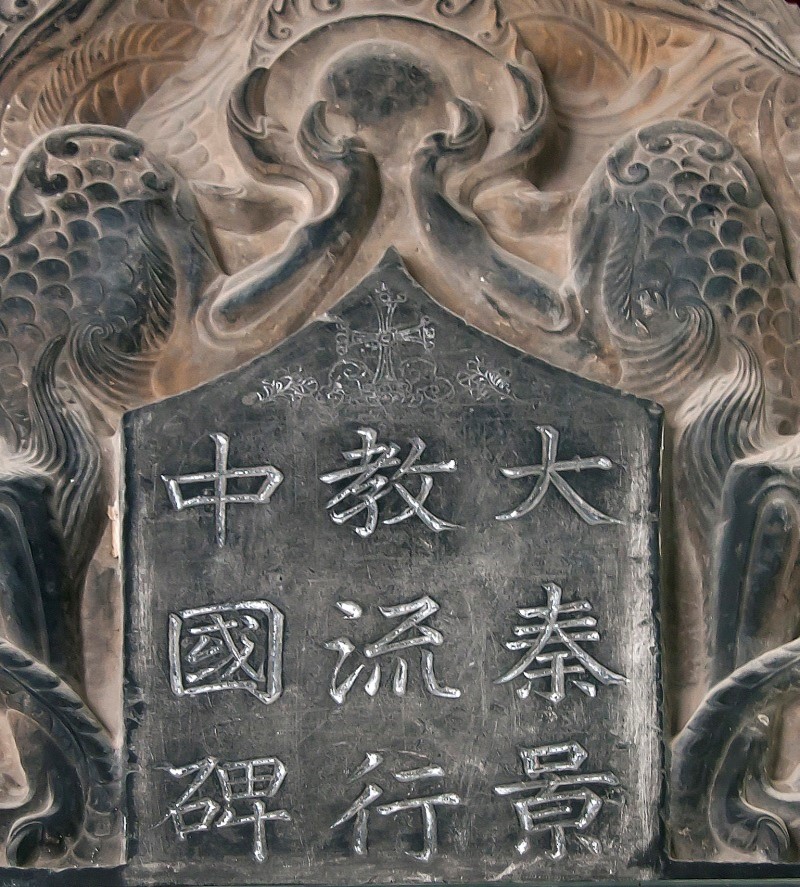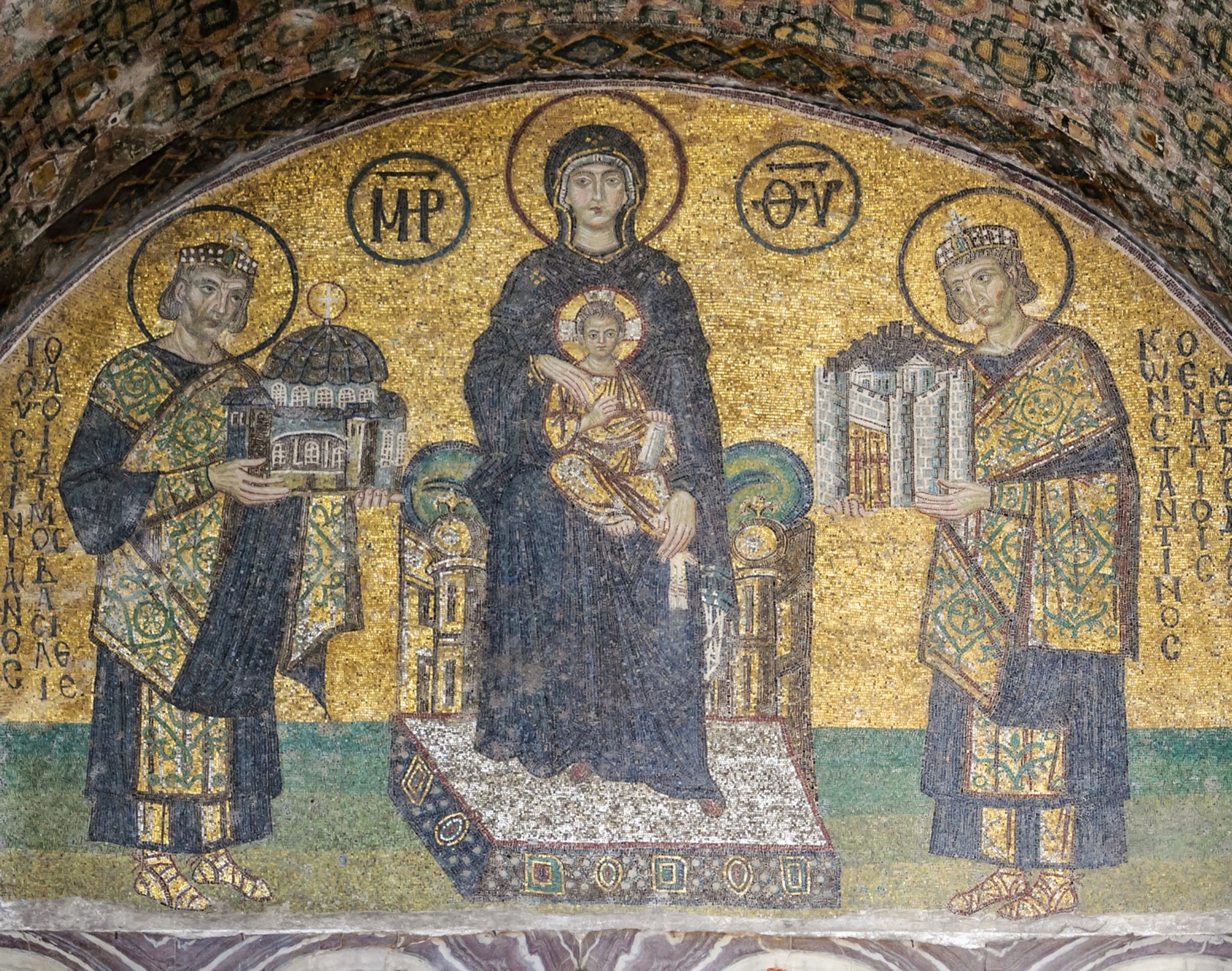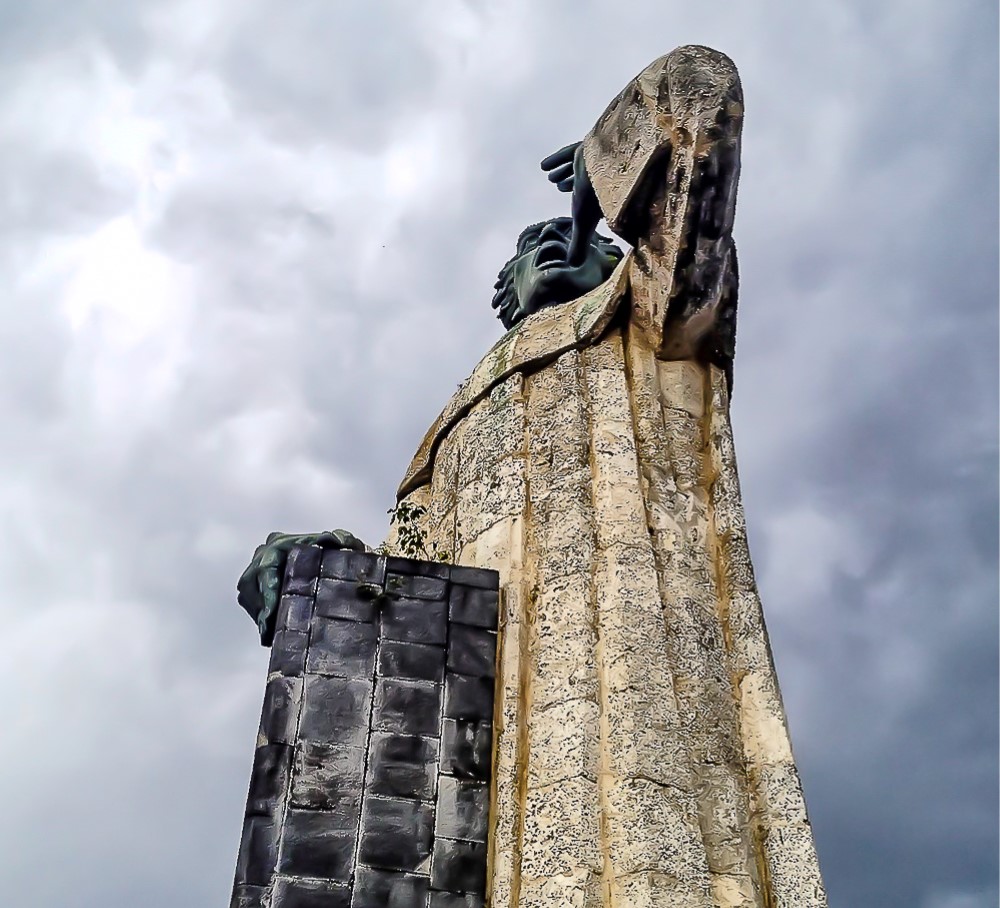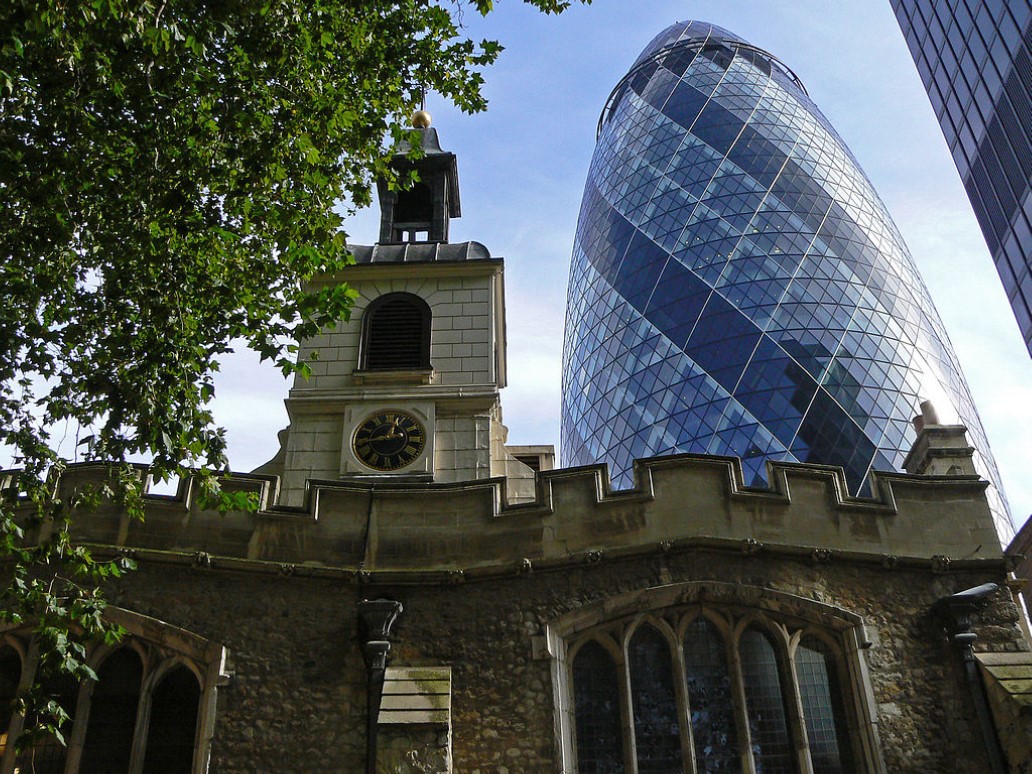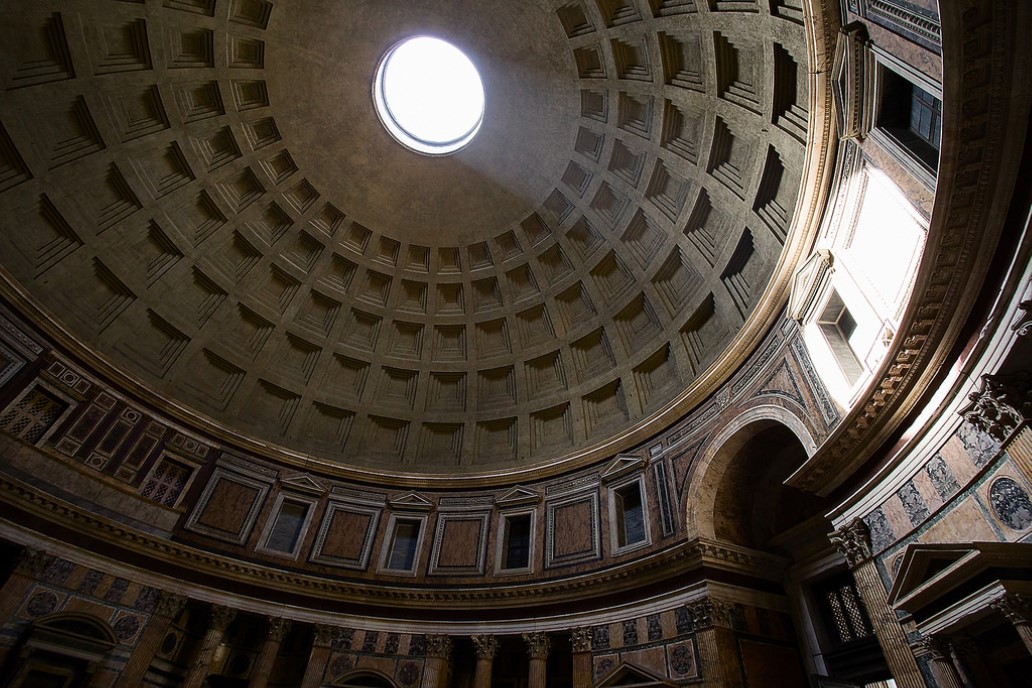The Church in Africa
Cradles of Christian Civilization
Photograph: An Ethiopian Christian icon of Jesus washing the feet of his disciples, narrated in John 13. Ethiopia has a rich tradition of Christian art in architecture, paintings, illuminated manuscripts, and iconography. This picture is a photograph of a painting by Betsy Porter, and is in public domain but also used with her blessing. Please see her website for much more information about Ethiopian icons. See Christian Ethiopian Art.
Introduction
The selection of perspectives on church history in this section — Church and Empire — has been guided by three factors: (1) to demonstrate that Christianity has not been a “white man’s religion”; (2) the study of empire as a recurring motif in Scripture by recent biblical studies scholars; and (3) explorations of biblical Christian ethics on issues of power and polity, to understand how Christians were faithful to Christ or not. Christian relational ethics continues a Christian theological anthropology that began with reflection on the human nature of Jesus, and the human experience of biblical Israel.
Church and Empire in Africa: Topics:
This section explores the experience and activities of Christians under various regimes in Africa. We divide this material into Africa Pre-1600, Africa Post-1600, African American Pre-1954, African American Post-1954, African American Spirituality, and the African Diaspora outside the U.S. The time period around 1600 AD is significant because: In the West, the Songhai Empire collapsed in 1591 and the Mali Empire was divided in 1610; in Central Africa, Idris Alooma, ruler of the Kanem-Bornu Empire, died in 1603; in the East, Portugal and the Catholic Church were expelled from Ethiopia in 1632; and on the coasts, accelerated conflict with European colonizers and slave traders. In the U.S., 1954 is significant because it was when the Supreme Court handed down Brown v. Board of Education, which was based on the 14th Amendment.
Church and Empire: Topics:
This page is part of our section on Church and Empire. These resources begin with a biblical exposition of Empire in Church and Empire and the meaning of Pentecost in Pentecost as Paradigm for Christianity and Cultures, then grouped by region: Middle East, Asia, Africa, Europe, Americas, then Nation-State, with special attention given to The Shoah of Nazi Germany.

